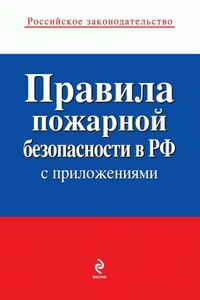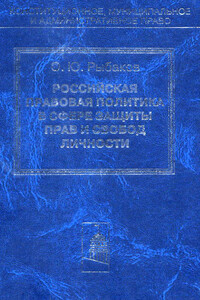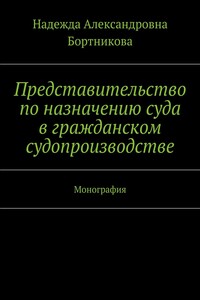Поэтому проводимые преобразования в сфере государственного строительства, связанные с модернизацией и укреплением законодательной власти в системе разделения властей, влекут потребность в переосмыслении конституционно-правовых аспектов осуществления законодательной власти по обеспечению правопорядка в России, определении ее места в условиях трансформации системы публичной власти и разделения властей, выявлении роли законодательных органов в системе созидания и обеспечения правопорядка в России.
Основные принципы и положения законодательной власти регулируются Конституцией РФ, федеральным законодательством и законодательством субъектов Российской Федерации. Немаловажную роль играет Конституционный Суд РФ, определивший многие правовые позиции, которые легли в основу конституционно-правового регулирования формирования и деятельности органов законодательной власти.
В связи с этим очевидна потребность конституционно – правового анализа правовой природы двух на первый взгляд разных, но достаточно взаимосвязанных и взаимообусловленных публично-правовых явлений: законодательной власти и правопорядка, в обеспечении которого участвуют, в том числе и законодательные органы. Рассмотрение их конституционно-правовой характеристики и проблем осуществления законодательной власти по обеспечению правопорядка предпринимается в настоящем издании.
Эффективность исследования заключается в концептуальном рассмотрении правовой природы и взаимообусловленности правопорядка и законодательной власти, места последней в системе публичной власти и механизме разделения властей, характеристики конституционно-правового статуса органов законодательной власти, их участия в парламентских процедурах и конституционно-правовом механизме обеспечения правопорядка органами публичной власти в России.
Constitution of the Russian Federation declared that Russia – a legal democratic federal state (Article 1), in which the government operates on the basis of the principle of separation of powers between the legislative, executive and judicial powers (Art. 10). According to modern political and legal doctrine main distinguishing feature is the rule of law and supremacy of the Constitution, priority of principles of law.
Recognition of the importance of the Constitution of the Russian Federation, its supreme legal force and direct action, priority and constitutional values is essential to the quality of the legal order of formation and effective functioning of all branches of government. Laid down in the Constitution and its interpretation revealed by the values have a fundamental impact on the rule of law, determine the focus of constitutional modernization of Russia. Meanwhile, put forward the idea of constitutional consensus is evident not only in the adoption of the Constitution, but also in the implementation process, the final result – the rule of law.
In the context of reforming the vertical of power and state-legal transformations of great interest are the issues of functioning of the government, in particular, the legislative branch, which occupies a special place in the system of separation of powers, as this government creates rules of conduct for which, and pursuant to which the executive and work judicial branch, provided the constitutional legality and the rule of law is established.
The Legislature, being an integral part of the political and legal reality, gradually strengthens the position in the system of public law institutions of the Russian state. Adoption of the ideas of parliamentarism, activation and strengthening the role of the legislature determines the development of constitutional and legal mechanisms aimed at improving the regulation and operation of the public authorities involved in law enforcement.
Legislative power – the paramount power, maintain law and order. It is the legislature factor in the formation of law and order, power, creative rule of law in constitutional and legal limits. And one of the goals of its activity is the formation of the rule of law of a certain quality.



